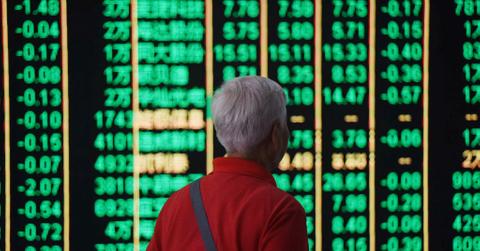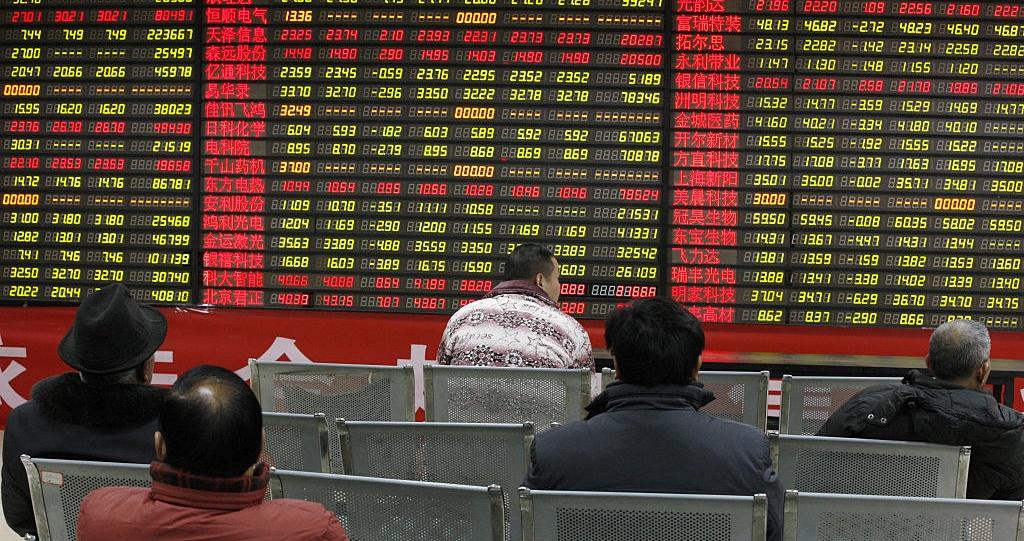China’s New Overseas IPO Rules Extend to Hong Kong, Seem Restrictive
Chinese regulators have some stringent rules for overseas IPOs, and they apply to the Hong Kong stock market, too. What do the new rules entail?
Jan. 28 2022, Published 12:11 p.m. ET
The CSRC (China Securities Regulatory Commission) has finalized new rules about overseas IPOs. Chinese regulators hope that the new rules will prevent last-minute IPO shutters in Hong Kong and abroad.
Here’s a rundown of the rules for overseas IPOs listing in China, including what to expect from the seemingly unpredictable Chinese regulators moving forward.
China lays down new rules regarding overseas IPOs.
Numerous Chinese companies attempting to list in overseas markets have had their IPOs shuttered at the last minute. One example is Ant Group, led by Alibaba (BABA) founder and billionaire Jack Ma who many suspect went missing shortly after the IPO’s dissolution. Ma has only been seen once since then via video.
Ride-hailing app DiDi Global Inc. (DIDI) also suffered the brunt of China’s regulatory force in 2021. The company went public on the NYSE, only for China to shutter its app to new users and remove it from app stores days later. DiDi is now looking to delist and China has yet to loosen its grip on the company’s operation. DiDi’s hopes to list in Hong Kong might now be shuttered due to overseas IPO rules applying in Hong Kong too.
The new rules are China’s way of avoiding these last-minute shutters and keeping the companies from moving forward in the overseas IPO process at all. China reportedly wants to open up its market, even though its movements seem more restrictive than anything.
One of the biggest rules that will start on Feb. 15 is that the CAC (Cyberspace Administration of China) will require all Chinese companies to go through data security reviews before listing abroad. The CAC is extremely powerful. Attorney Xia Hailong of the Shanghai Shenlun law firm told Quartz last year, “Strictly speaking, neither the U.S. nor E.U. has a single department that can be compared to the CAC in terms of authority.”
All Chinese companies that want to list overseas must file with the CSRC first and await a response within 20 business days.
Overseas listings are prohibited when:
The Chinese government deems the listing a national security threat
There are any disputes over a company’s major assets (you can thank Evergrande for that)
Any shareholders or executives have criminal offenses in the last three years
The overseas IPO rules also apply to Hong Kong.
The new rules also apply to the Hong Kong Stock Exchange. Despite Hong Kong and Mainland China having an overlapping judicial system in customary law, Mainland China has decided that new overseas IPO rules will also apply for Chinese companies that want to list in Hong Kong.
The CSRC director-general Shen Bing spoke to CNBC reporters and clarified that China considers overseas to be anything outside of Mainland China. This includes both H-shares (mainland stock offered in Hong Kong) and red chips (Hong Kong stock from companies that conduct most of their business on the mainland). This means that China is trying to keep mainland companies listing in the mainland via the Shanghai Stock Exchange and Shenzhen Stock Exchange, without crossing any borders.


